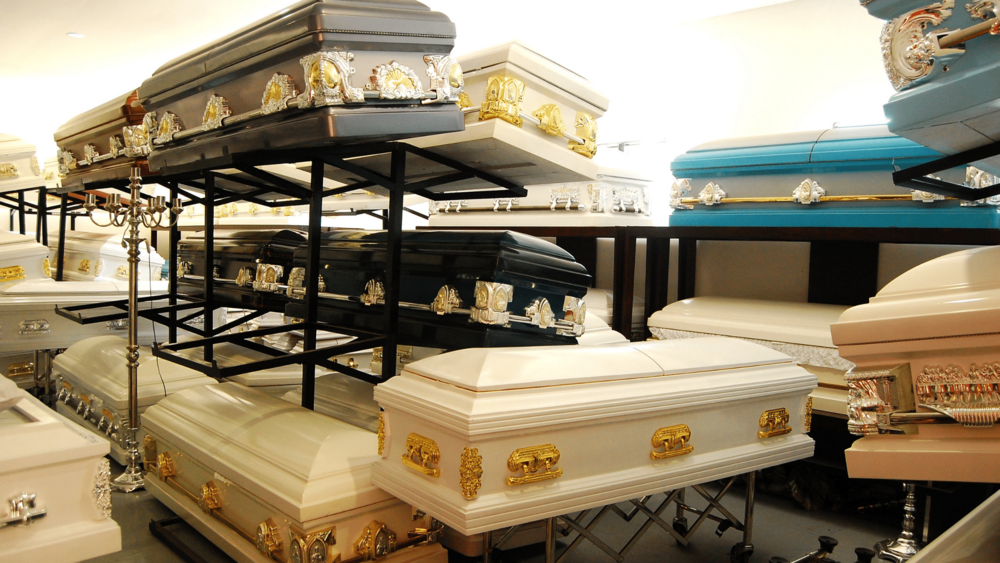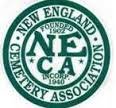Are There Different Casket Sizes?
Several visitors to Willowbrook Cemetery question the dimensions of the caskets and ask whether they are all of the exact sizes. Typically, a casket of regular size will suffice for a deceased family member. A more oversized casket would be required if the deceased were bigger.
Different Casket Sizes
Typical Casket Sizes
Typically, these casket sizes are 84 inches in length, 28 inches in width, and 23 inches in height. In the majority of instances, the dimensions of wooden and metal caskets are almost identical. Typical-sized caskets are buried in conventional cemeteries (typically 30" in width). The interior measurements of the casket will vary substantially. Typically, the inside dimensions of metal caskets are 78/79" in length and 23/24" in width.
Most individuals can fit in standard-sized caskets that accommodate a person weighing 350 lbs. and standing 6'5" tall. However, it would help if you conferred with an experienced funeral director since they are informed and professional and can assist you in selecting the appropriate casket for your requirements.
Larger Casket Sizes
If you require a casket for a comparatively larger individual and want extra room within the casket, a more oversized casket is a possibility. The inner space is more significant than standard-sized caskets, yet the length is comparable. The outside width of a large casket may be as little as 27 inches, but the inside width is often narrower. In addition, more oversized caskets measuring 28, 29, 33, 40, and 44 inches are available. Internal measurements will be one inch less than exterior dimensions.
We attempt to make choosing a loved one's last resting place as smooth as possible. We are here to support you in planning every aspect and offer details on the funeral and ultimate disposal procedure. Please call Willowbrook Cemetery at 203.222.8646 or send us your queries through this contact form, and we will call you back soon.





Comments